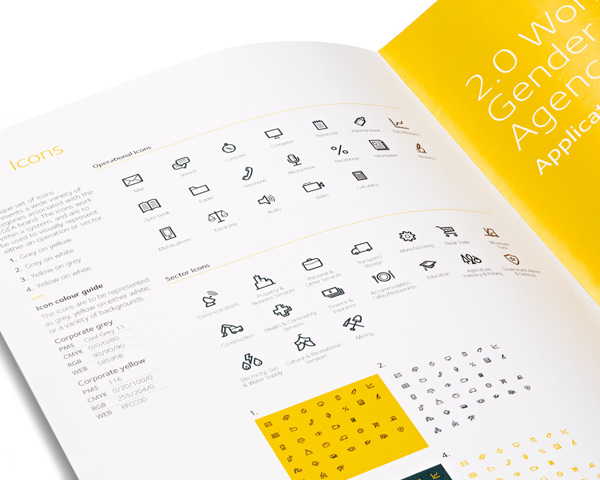New Super and Workplace Gender Equality Reporting – Keep your company on track Posted on October 9, 2018

The second change is the amended reporting requirements under the Workplace Gender Equality Act 2012 which resulted in the introduction of new reporting requirements due at the end of this month.
Superannuation regime
The changes introduced by way of the Superannuation Guarantee (Administration) Amendment Bill 2011 means that compulsory superannuation guarantee contributions will increase over a seven year period, from the current rate of 9% to 12%.
The increases will be gradual, as follows:
|
Income year
|
Charge percentage |
|
Starting 1 July 2013-2014 |
9.25% |
|
Starting 1 July 2014-2015 |
9.5% |
|
Starting 1 July 2015-2016 |
10% |
|
Starting 1 July 2016-2017 |
10.5% |
|
Starting 1 July 2017-2018 |
11% |
|
Starting 1 July 2018-2019 |
11.5% |
|
Starting 1 July 2019-2020 |
12% |
The Act also has an impact for employers when it comes to paying superannuation guarantee contributions to employees over the age of 75. Currently, employers are not obliged to make payments in respect of employees who are age 70 and over. However, from 1 July 2013 employers will be obliged to make superannuation contributions for all their employees. The changes will also ensure that employers will be able to claim income tax deductions for superannuation guarantee contributions made to employees aged 70 and over from July 2013.
Workplace Gender Equality Reporting
The Workplace Gender Equality Act 2012 resulted in all private sector employers who employ 100 or more employees (for at least six months) are now required to report annually to the Workplace Gender Equality Agency.
Importantly, the reports for this year were due at the end of last month, being the reporting period from 1 April 2012 to 31 March 2013. Fortunately, the format of this year’s report is the same as that required of employers in previous reporting periods and employers are not required to provide salary information.





